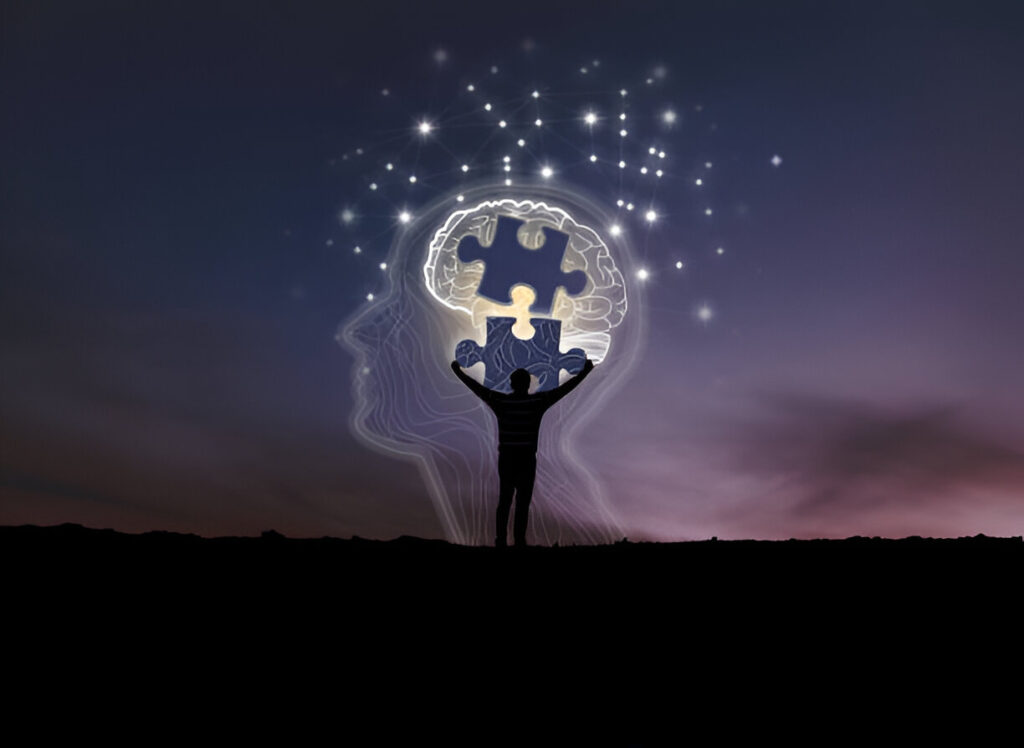In today’s fast-paced world, mental health has become an increasingly important topic of conversation. People are beginning to understand the critical role that mental health plays in overall well-being. Among the various approaches to addressing mental health issues, therapy stands out as a cornerstone of effective treatment. Understanding the different types of therapy and their benefits can empower individuals to seek the help for mental health they need and improve their quality of life.
Therapy, often referred to as psychotherapy or counseling, involves structured interaction between a therapist and a client. This interaction aims to address and manage mental health issues, ranging from anxiety and depression to more complex conditions such as PTSD and bipolar disorder. One of the primary benefits of therapy is providing a safe and confidential space for individuals to express their thoughts and emotions without judgment. This environment fosters self-awareness and insight, which are crucial for mental health recovery.
For those dealing with trauma, Eye Movement Desensitization and Reprocessing (EMDR) can be particularly beneficial. EMDR involves guided eye movements to help the brain process and integrate traumatic memories. This therapy has shown promise in reducing the distress associated with traumatic memories and improving symptoms of PTSD.
Therapy is not a one-size-fits-all solution, and the effectiveness of different approaches can vary from person to person. For some, psychodynamic therapy may be the preferred option. This type of therapy delves into the unconscious mind to uncover and address deep-seated emotional conflicts stemming from past experiences. By bringing these conflicts to the surface, individuals can gain a better understanding of their current behaviors and feelings, leading to long-term change.
Family therapy and group therapy are also valuable options, especially when mental health issues affect interpersonal relationships. Family therapy involves working with family members to improve communication and resolve conflicts, fostering a supportive environment for the individual in treatment. Group therapy, on the other hand, provides a sense of community and shared experience, which can be incredibly validating and motivating for participants.
One of the most significant benefits of therapy is the development of coping skills. Regardless of the type of therapy, individuals learn strategies to manage stress, regulate emotions, and navigate life’s challenges more effectively. These skills are not only beneficial for managing mental health conditions but also for enhancing overall well-being.
Moreover, therapy can play a crucial role in preventing the escalation of mental health issues. Early intervention through therapy can address problems before they become more severe, reducing the likelihood of crises and the need for more intensive treatment. This proactive approach to mental health care underscores the importance of seeking help at the first signs of distress.
It’s also important to highlight the role of medication in conjunction with therapy. While therapy alone can be highly effective, some individuals may benefit from a combination of therapy and medication. Psychiatrists and therapists often work together to create comprehensive treatment plans that address both the psychological and biological aspects of mental health conditions.
In recent years, there has been a growing recognition of the importance of mental health and a corresponding increase in the availability of therapy services. Teletherapy, for instance, has made it easier for individuals to access mental health care from the comfort of their homes. This flexibility can be particularly beneficial for those living in remote areas or with busy schedules.
Despite the numerous benefits of therapy, there are still barriers that prevent some individuals from seeking help. Stigma, cost, and lack of access to qualified professionals are common obstacles. Addressing these barriers requires ongoing efforts to raise awareness about mental health, advocate for affordable care, and expand the availability of services.
Therapy plays a vital role in the treatment of mental health conditions. By providing a supportive environment, offering various therapeutic approaches, and developing essential coping skills, therapy can significantly improve the lives of those struggling with mental health issues. As society continues to recognize the importance of mental health, it is crucial to ensure. Through continued education and advocacy, we can create a world where mental health care is prioritized and accessible to all.

